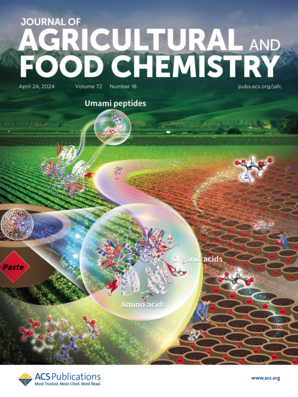Apigenin Reduces Lipid Droplet Accumulation in Hepatocytes by Enhancing Chaperone-Mediated Autophagy via AMPK
Abstract
Apigenin (4′,5,7-trihydroxyflavone) is a significant natural flavonoid compound that is abundantly found in various fruits and vegetables. It has been demonstrated to alleviate nonalcoholic fatty liver disease and exhibit lipid-lowering effects. However, its impact on lipid droplet (LD) degradation in hepatocytes remains unclear. LDs, coated by perilipins (PLINs), are selectively exposed and degraded through chaperone-mediated autophagy (CMA), specifically targeting PLIN2 and PLIN3 to enhance lipolysis and lipophagy. Lysosome-associated membrane protein type 2A (LAMP-2A) is the rate-limiting component of CMA. We found that apigenin-alleviated high-fat diet induced LD accumulation in hepatocytes by promoting CMA. The data indicated that apigenin could improve the expression of LAMP-2A, while downregulating the expression of PLIN2 and PLIN3, reduce the volume and size of LDs. AMP-activated protein kinase (AMPK) plays a crucial role in activating nuclear factor erythroid 2-related factor 2 (Nrf2), in turn, regulating the transcription of LAMP-2A. In our study, we found that the activation of AMPK induced by apigenin promotes PLIN2 phosphorylation and Nrf2 nuclear translocation, thus subsequently enhancing the activity of CMA. This accelerated the degradation of PLINs, ultimately facilitating LD degradation. Overall, our study offered valuable insights into the mechanism of apigenin in the degradation of LDs.





